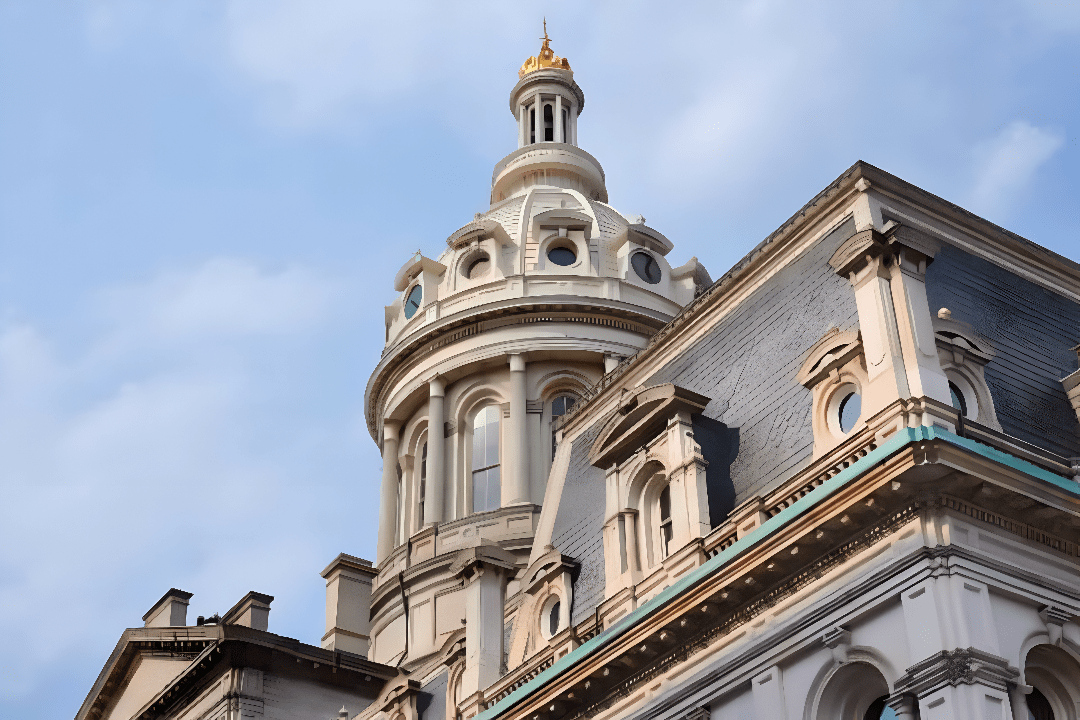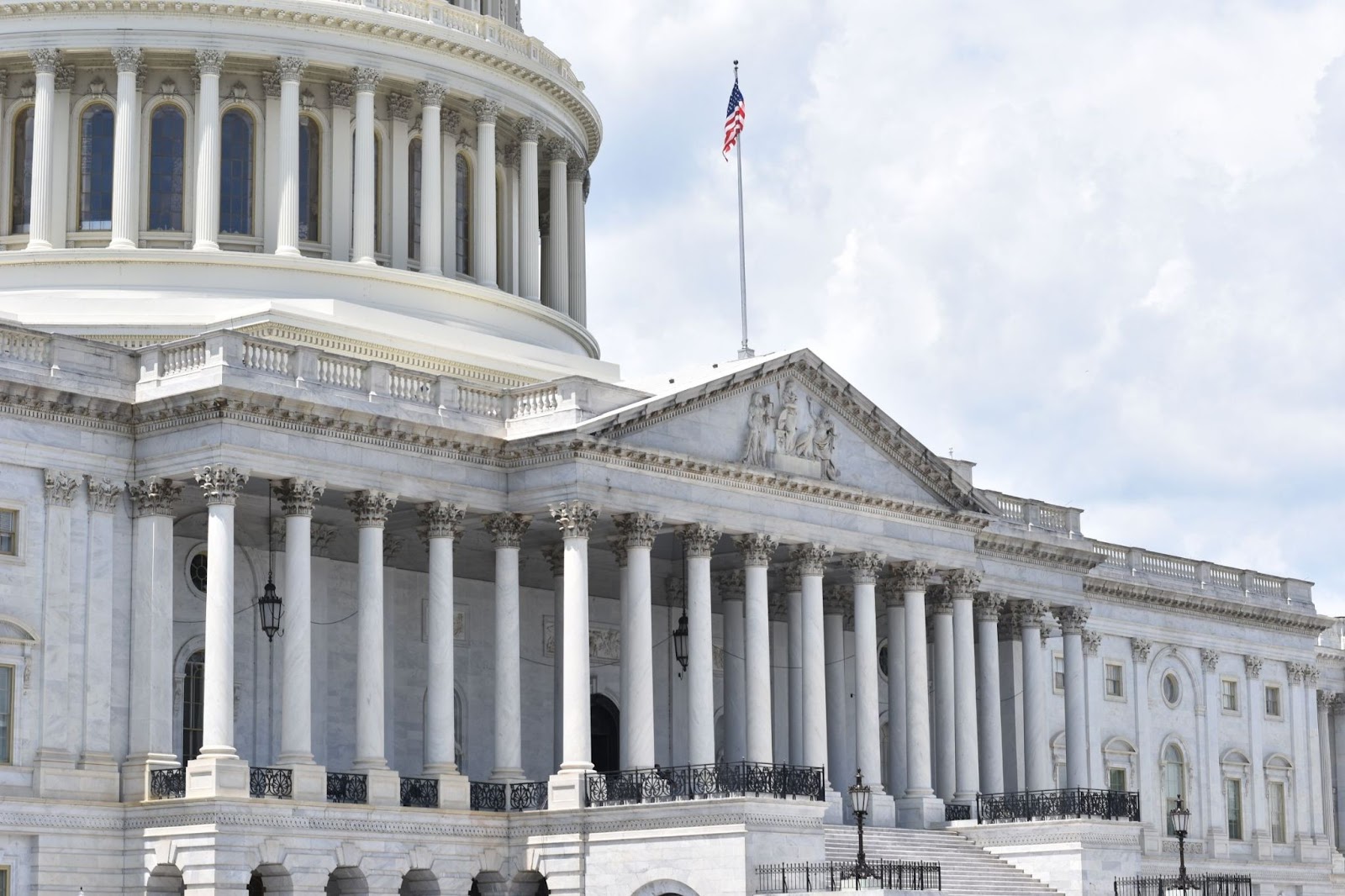Maryland Business License Requirements (2025 Update)
Operating a business in Maryland necessitates compliance with both state and local regulations. While the state does not require a general business license, various local jurisdictions mandate specific licenses or permits based on the nature of the business. For instance, businesses engaged in retail, construction, or food services must obtain appropriate licenses from the Clerk of the Circuit Court in the county where they operate.
Failure to secure the necessary licenses can lead to fines or operational delays. Entrepreneurs planning to expand into Maryland should familiarize themselves with these licensing obligations to ensure legal compliance and smooth business operations.
Does Maryland Require a Business License?
Maryland does not require a general state-level business license. However, businesses may need to obtain specific licenses or permits depending on their industry and location. For example, a trader’s license is required for buying and reselling goods, while certain professions may require individual occupational or professional licenses.
It’s important to check both state and local requirements to determine the exact business license in Maryland that applies to your industry and municipality. Understanding these requirements ensures that your business operates legally within the State, as obtaining the appropriate Maryland business license is essential for compliance and smooth operations.
Maryland Business License vs Municipal Licenses
When discussing Maryland business license registration, it’s important to distinguish between state-issued credentials and local authorization requirements.
Key Differences
The following points summarize the main distinctions between a Maryland business license from the state and municipal licenses:
- State-Issued Credentials (e.g., Trader’s License, Construction License): These are issued by the Clerk of the Circuit Court or state agencies for specific activities, like retail trade, home building, or waste processing.
- Municipal Licenses: Cities or counties may require general business permits or industry-specific approvals, such as health, zoning, or liquor licenses. These vary by location and business type.
Requirements in Maryland’s Largest Cities
Here’s a breakdown of how Maryland business licenses are managed in the state’s three largest cities:
- Baltimore: Requires a Trader’s License from the City Circuit Court Clerk, a Sales and Use Tax license, plus any applicable health or municipal permits.
- Frederick: No general business license is required, but businesses need a Trader’s License, health permits for food-related businesses, and possibly a liquor license.
- Annapolis: Businesses must evaluate state and local needs, such as a Trader’s License or professional license and a city-specific permit (e.g., for bed & breakfasts).
Maryland Business License: Occupational & Professional Permits
In Maryland, professionals in specific fields must secure additional licensing beyond a general business permit. The Maryland business license framework includes these industry-specific requirements to ensure standards and protect consumers. Professions requiring extra licensing include:
- Contractors: Electricians, plumbers, HVAC specialists, and home improvement professionals must be licensed through the Maryland Department of Labor’s Division of Occupational and Professional Licensing (DOPL).
- Cosmetologists: Estheticians, nail technicians, and related roles require licensing via the Maryland Board of Cosmetologists, submitted through DOPL.
- Certified Public Accountants (CPAs) must be licensed by the State Board of Public Accountancy, a DOPL entity, to practice legally in Maryland.
Where to File Applications: All applications for these occupational and professional permits are processed through the Maryland Department of Labor’s DOPL, headquartered in Baltimore.
Maryland Sales Tax License (Certificate of Authority)
Getting a Maryland business license includes recognizing the need for a Sales and Use Tax License (also known as a Certificate of Authority). Operating without this license when required can lead to penalties, interest, and back taxes. It’s essential for legal compliance and maintaining trust.
Businesses must collect and remit sales tax when they establish a nexus, as a sufficient connection to the state. You establish a nexus in Maryland by having a physical presence (like a store, office, warehouse, or employees) or by surpassing economic thresholds, specifically, $100,000 in gross sales or 200 separate transactions in the current or previous calendar year.
To apply for a sales tax permit, you can follow the steps below:
- Visit the Maryland Comptroller’s Combined Registration Application (CRA) portal via Maryland Business Express.
- Select “Begin Registration” and complete the form, including your EIN, business details, and reason for application.
- Submit online. If submitting a paper application, mail or fax it to the Comptroller’s Annapolis office.
- Allow 2–4 weeks for processing and delivery of your permit.
Renewal of Sales Tax License
Maryland does not require renewal of the Sales and Use Tax License once issued; it remains valid indefinitely. However, businesses must file timely returns for each assigned period, even if no tax was collected (i.e., file “zero returns”). Failure to file can result in penalties and interest.
Federal Licenses Needed in Addition to a Maryland Business License
Even if you’ve secured your Maryland business license, that’s only one piece of the regulatory puzzle, as certain industries require federal-level authorization. Here’s a breakdown of sectors that demand federal oversight:
- Alcohol Production and Distribution: Requires permits from the Alcohol and Tobacco Tax and Trade Bureau (TTB), such as Bottle Label Approvals (COLAs) for interstate sales.
- Firearms and Explosives: Must obtain a Federal Firearms License (FFL) from the ATF for manufacturing, selling, or dealing in firearms and explosives.
- Aviation Services: Any operations involving aircraft, pilots, or airports must be certified by the Federal Aviation Administration (FAA).
- Food and Drug Products: Processing or distributing food, drugs, or medical devices that cross state lines requires registration and approval from the Food and Drug Administration (FDA).
- Agricultural Products: Growing, processing, or transporting plants and animals across state boundaries usually triggers USDA regulations, such as for organic certification, animal health inspections, or licensing.
Note: Operating under a Maryland business license doesn’t exempt you from these federal mandates, as state compliance does not equal federal compliance.
How to Get a Maryland Business License
Understanding how to get a business license in Maryland is essential for legal compliance and seamless operation. Follow this clear, step-by-step guide:
- Choose a business structure (e.g., sole proprietorship, LLC, corporation) and determine your NAICS code to define your industry.
- File your formation documents online through Maryland Business Express and receive an SDAT Identification Number.
- Use the Combined Registration Application via the Comptroller or Maryland Business Express to set up tax accounts and any necessary permits.
- Contact your local Clerk of the Circuit Court for traders’ or occupational licenses and other local permits.
- Complete payments and display the license at your business location as required by local regulations.
Following these steps ensures your compliance and readiness to operate legally. Understanding how to obtain a business license in Maryland will help you avoid fines and streamline your business launch.
How Much Is a Maryland Business License?
If you’re wondering, “How much is a business license in Maryland?”, the fees differ based on your business activities and location. The cost of a business license varies depending on the business type and location, especially for inventory-based traders and high-risk trades.
Typical Fees & Sample City Fees
- Trader’s License (inventory-based): Statewide, fees range from $15 to $800, based on the value of inventory held. In Baltimore City, fees can reach up to $2,125 for high inventory values.
- Chain Store License: For businesses operating multiple locations, fees typically range from $5 (small chains) up to $150 (20+ stores).
- Construction License: Fees vary by county, roughly $30 in Cecil County, $40 in Baltimore City, and $15 in other counties. For out-of-state contractors, expect about $50.
Variable Fees for High-Risk Trades
Certain industries face higher fees due to additional regulatory requirements. For example:
- Vape Shops / Electronic Smoking Device Retailers: Must obtain an Electronic Smoking Device (ESD) license. The annual fee is $25 for manufacturers and $150 for wholesalers or importers.
- Tobacco Retailers: Initial application costs $200, plus a state licensing fee of $30 annually, and additional county-level fees, $125 in Montgomery County, $50 in Cecil County, and $25 in most other counties.
- Out-of-State Construction Contractors: Required to obtain a nonresident construction license. Fees are $60 in Baltimore City and $50 in other Maryland counties.
Renewing a Maryland Business License
Ensuring timely Maryland business license renewal is vital to avoid penalties and keep your operations compliant. All business licenses expire on April 30 annually, regardless of when issued. Renewals become effective on May 1, and most jurisdictions mail renewal notices in late March.
You can renew online via the Maryland Judiciary’s licensing portal, or submit by mail or in person to your local Clerk’s Office. If your renewal application is not received by June 1, penalties begin to accrue monthly until submission.
Penalties for Operating Without a Maryland Business License
Operating without the required Maryland business license can lead to significant legal and financial consequences. Depending on the license type and jurisdiction, businesses may face the following penalties:
- Criminal Charges: Acting without a professional or industry-specific license can result in daily fines up to $100, or jail time up to six months, per day of violation. For unlicensed contractors, penalties may reach $5,000 and up to two years imprisonment.
- Cease-and-Desist Orders: Regulatory authorities may issue summary cease-and-desist mandates, typically allowing 15 days to request a hearing. Continued noncompliance may lead to formal orders, suspension, revocations, or restitution obligations.
- Loss of Revenue or Permits: Noncompliance can result in delayed payments, inability to collect sales tax, and reputational damage.
Best Maryland Business License Filing Services
Tackling the process of obtaining a business license in Maryland can feel overwhelming, especially with varying state, county, and city regulations. Partnering with a professional filing service can save time, reduce paperwork errors, and ensure you meet every compliance requirement from day one.
Below are some of the best Maryland business license services for streamlining the process:
1. Commenda
- Price: Flexible, competitive packages tailored to Maryland’s diverse business needs.
- Turnaround: Fast turnaround, often completed within 1–3 business days.
- Support: U.S.-based live assistance with guidance for state, county, and city-level licenses.
2. Harbor Compliance
- Price: Adjusted based on your business type and local jurisdiction.
- Turnaround: Typically processed in 5–7 business days.
- Support: Phone and email support during standard business hours.
3. Incfile
- Price: Starts at $0 plus state fees; optional compliance and renewal tracking tools available.
- Turnaround: Usually 3–5 business days.
- Support: Live chat and an extensive online help center.
While each provider offers dependable service, Commenda stands out as the #1 option for efficiently managing Maryland business license applications and keeping up with ongoing municipal requirements.
How Commenda Makes Maryland Business Licensing Easy
Commenda takes the complexity out of business licensing in Maryland with:
- All-in-One Dashboard: Manage and track both state and local licenses seamlessly from a single platform, simplifying the entire filing process.
- Compliance Reminders & Auto-Renewal: Stay on top of your deadlines with automated compliance reminders and auto-renewal tools to ensure you never miss critical updates.
- Expert Live Support: Receive personalized guidance from experienced, U.S.-based professionals available to assist you every step of the way.
Conclusion and Next Steps
Obtaining your Maryland business license doesn’t have to be complicated. Here’s a quick recap:
- Choose your business structure and NAICS code.
- Register with the Secretary of State, if applicable.
- Apply for state and local licenses.
- Confirm whether your industry needs special permits.
- Renew on time to stay in compliance.
Let Commenda handle the paperwork so you can focus on growing your business. Book a free demo today to learn more.
Maryland Business License FAQs
Q. How do I get a business license in Maryland if I run an online-only store?
Apply through the Maryland Business Express portal, selecting the appropriate business activity, and meet state and local requirements even if you operate entirely online.
Q. How much does a standard Maryland business license cost, and are city fees extra?
State license fees vary by activity; expect $15–$300. Some cities and counties charge additional local licensing or permitting fees.
Q. What happens if I operate without a valid Maryland business license: fines or shutdown?
You may face fines, business closure orders, or legal action. Penalties vary by jurisdiction and business type.
Q. Do home-based businesses in Maryland need both a municipal permit and a state license?
Yes. Most home-based businesses require local zoning or home occupation permits plus any applicable state licenses.
Q. Is a Sales Tax Certificate of Authority the same as a Maryland business license?
No. A Sales Tax Certificate lets you collect sales tax, while a business license authorizes legal operation.
Q. How long does approval take when you apply for a business license in Maryland online?
Online applications typically process within 7–14 business days, though some activities require longer review.
Q. Can I transfer my Maryland business license if I move the company to another county?
No. You must apply for a new license in the new county and cancel the old one.
Q. What documents are required to renew a Maryland business license each year?
Usually, your renewal form, payment, and updated business details are required; some industries may need compliance proof.
Q. Are professional and occupational licenses mandatory in addition to a general Maryland license?
Yes, if your profession is regulated (e.g., real estate, healthcare, construction), you must hold those specific licenses too.
Q. Which service offers the best done-for-you Maryland business license filing and renewal?
Commenda offers streamlined Maryland business license filing and renewal, ensuring accuracy, compliance, and on-time submissions so you can focus on running your business.
Q. Do non-U.S. owners need a registered agent before getting a Maryland business license?
Yes. A registered agent with a Maryland address is required for non-U.S. owners to receive legal and tax documents.
Q. Does the federal government ever override Maryland licensing, e.g., ATF, FDA, FAA permits?
Yes. Federal permits take precedence for regulated activities like firearms, food, aviation, and other specialized industries.











